ESTD - AFTD Conference 2023
When Attachment Meets Trauma:
Disorganization and Dissociation From Childhood to Adulthood.
Preconference Workshops and Conference
DoubleTree Brussels Hotel, 9 - 11 March 2023 - Brussels
Pre-conference Workshops
Overview Workshops
How to choose your Workshop?
As you will be able to discover, we are offering 3 workshops that take a full day to complete and 4 half day workshops.
You can choose a full day workshop or you can decide to participate in 2 half day workshops: one in the morning and one in the afternoon.
The full day workshops are Workshop 1 , 2 or 3
Regarding the half day workshops:
In the morning you have the choice between workshops no. 4 (in English) or 5 (in French).
In the afternoon you have the choice between workshop 6 (in English) or 7 (in French).
Please find here an overview of the workshops and the language in which they will be offered.
Full Day Workshops
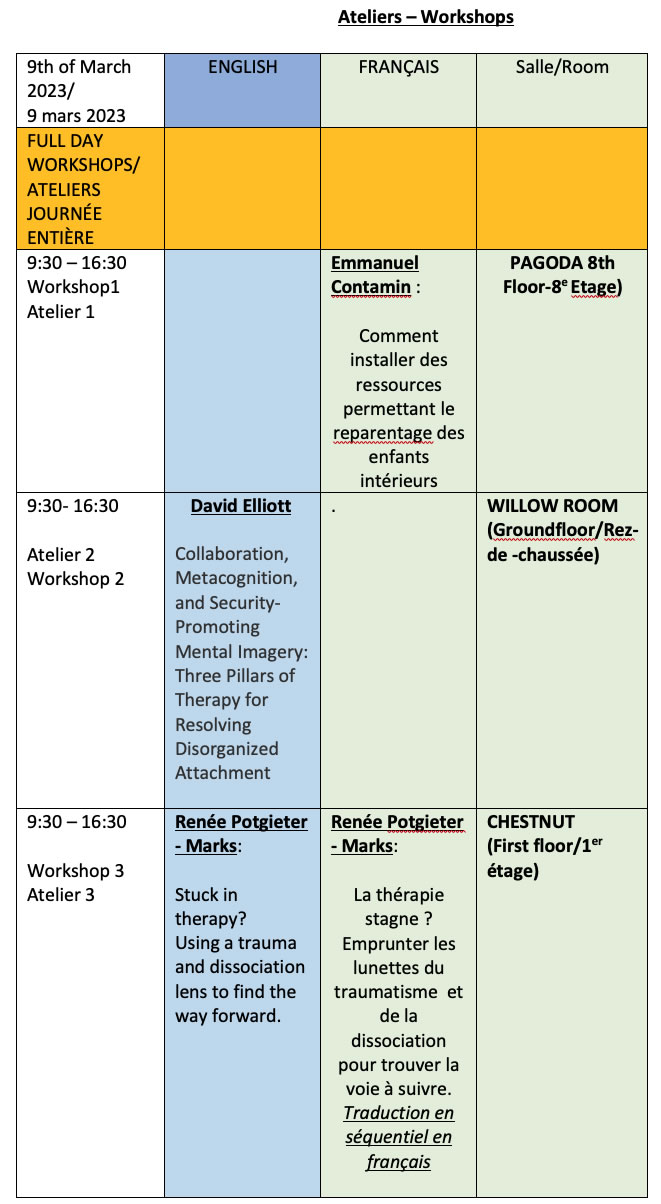
Thursday 9 March
Room Pagoda
(8th Floor)
09:30 - 16:30
Workshop 1
Emmanuel Contamin (workshop in French)
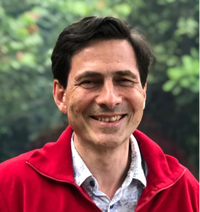
They can be compared to “inner children”, and the reprocessing of their post-traumatic disorders can only be done by restoring internal representations of secure attachment ties.
We will offer participants the opportunity to experiment with different ways to strengthen these specific resources
- To understand the different ego states or parts, and their different motivations related to injuries and traumas of the attachment system
- To be able to identify the different parts of the “inner family system”
- To know how to install resource figures to meet the needs of “inner children”
- To know how to strengthen the different resources of the Self to strengthen the stability of patients and their integrative capacity
Therapists working with patients with complex post-traumatic stress disorder
Contamin E.,« Prenons soin de nous ! Guide pratique d'auto-thérapie » (BoD, 2018), en particulier le chapitre 3
Contamin E., « Les 5 cercles de la résilience » (Larousse, 2021), en particulier le chapitre 2
Art-Mella, « Emotions : enquête et mode d’emploi », tome 3 (bande dessinée)
Room Willow
(Groundfloor)
09:30 - 16:30
Workshop 2
David Elliott (workshop in English)

on the relationship between the patient and the therapist. But when
insecurity is most severe – often called 'disorganized' – there are prominent intrapersonal and interpersonal disruptions – such as dissociation -- that can bring big challenges to the therapy relationship and the treatment process. The 'Three Pillars' model of treatment offers an integrative approach that
helps both the patient and the therapist to navigate and resolve the challenges of disorganized attachment in therapy.
In this workshop we will explore the three pillars of treatment: (1) developing a consciously collaborative therapy relationship; (2) enhancing metacognitve ability; and (3) co-creating immersive mental imagery of security-promoting childhood experience. Examples of each will clarify their interconnected roles in effective therapy for resolving insecurity and its associated disorganization and dissociation. A live demonstration of the 'ideal parent figure' imagery process will highlight the healing power of its meta-relational dynamics.
- Participants will be able to describe the 'Three Pillars' of psychotherapy for attachment disorganization, and understand their interdependence in treatment.
- Participants will be able to describe why the use of co-created mentalimagery both strengthens and transcends the traditional therapeutic relationship for attachment insecurity.
Room Chestnut
(First Floor)
09:30 - 16:30
Workshop 3
Renée Potgieter Marks (workshop in English with translation into French)
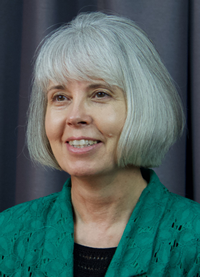
Renée is also a national and international trainer as well as the founder of BICTD, providing online training for therapists on Assessment and Treatment of Children with Complex Trauma and Dissociation. She is chair of the Child and Adolescent Committee of the ESTD and was involved in developing the Guidelines for the assessment and treatment of children and adolescents with dissociative symptoms and dissociative disorders
The workshop will also focus on the dissociative and traumatised child’s inability to express themselves, avoidance, distraction, and fear of feelings which can cause a sense of ‘stuckness’ in both therapist and child.
Possible other reasons for becoming stuck in therapy with children will also be explored as well as some ideas on how to manage these, sometimes, complex situations. Practical ‘tools’ and innovative ideas on managing being stuck in therapy with children and adolescents will be discussed and illustrated at the hand of case examples to equip therapists with insight and knowledge on how to enable these children to move forward in their therapy process.
The objectives of this workshop will be:
- To raise the awareness of therapists how the problems of unprocessed trauma and dissociation might lie at the root of many children’s emotional, social and behavioural problems;
- To explore the problem of becoming ‘stuck’ during therapy with children and adolescents with trauma and dissociation;relationship for attachment insecurity.
- To enhance the knowledge and understanding of participants on the wide variety of potential problems which might cause dissociative children to become stuck during therapy;
- To provide the participants with sufficient information, case examples and therapeutic ‘tools’ to be able to become ‘unstuck’ and reactivate the therapeutic process with traumatised and dissociative children and adolescents.
This workshop is open to all therapists. The workshop will mainly be of value for therapists involved with children and adolescents who display emotional, social, and behavioural difficulties and therapists treating traumatised and dissociative children and adolescents.
Waters, F. (2015) Healing the Fractured Child; Diagnosis and Treatment of Youth with Dissociation.
Half Day Workshops
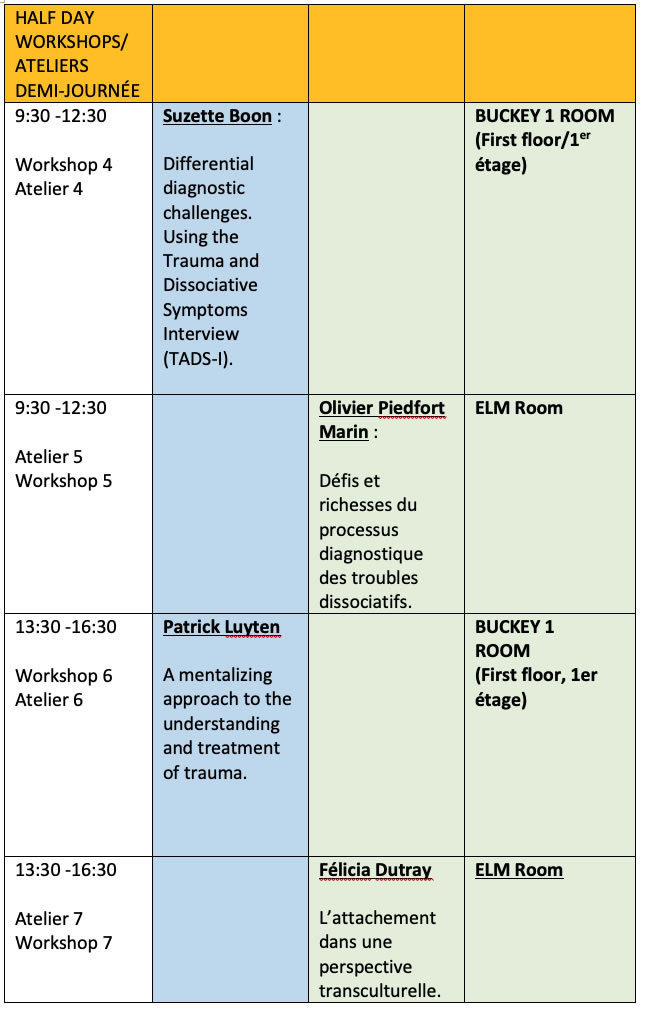
Thursday 9 March
Room Buckey
(First Floor)
Workshop 4
Using the Trauma and Dissociative Symptoms Interviews ( TADS-I )
Suzette Boon (workshop in English)
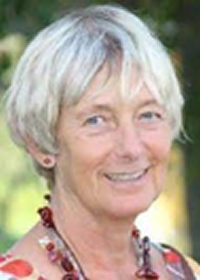
The following challenging differential diagnostic questions will be addressed on the first day using the TADS-I as a diagnostic interview. In this workshop I will give a short introduction about the TADS-I, in the second part I will discuss symptom profiles of patients with and without a dissociative disorder:
- Is my patient hearing dissociative voices or is she psychotic?
- Are her rapid mood switches part of a bipolar disorder or does my patient have DID, OSDD or both?
- My patient is selfharming and says that she doesn’t remember doing this. When I try to discuss this she can become very angry with me. Is she a borderline or does she have a dissociative disorder? Or both?
- My patient talks about different dissociative parts and is convinced that she has DID. She has read a lot about dissociation. How can I be sure that she has a dissociative disorder? She has such a dramatic presentation!
Boon, S. Assessment of trauma-related dissociative disorders With an introduction to the Trauma and Dissociation Symptoms Interview (TADS-I) New York: Norton Publishers (in press)
Room Elm
(First floor)
09:30 - 12:30
Workshop 5
Olivier Piedfort-Marin (workshop in French)

The new version of the SCID-D, validated in its French version (Piedfort-Marin, Tarquinio, Steinberg et al., 2021), makes it possible to make DSM-5 and CIM-11 diagnoses. Interview videos will clarify the different symptoms and how patients describe them. We will see how to differentiate between dissociative identity disorder (DID) and partial dissociative identity disorder according to ICD-11.
We will also present the elements allowing to differentiate the TDI from the simulated or pretended TDI, a phenomenon unfortunately in full swing in the French-speaking world.
- To be able to identify the different types of dissociative symptoms
- To know the structure of the SCID-D
- To learn to follow the patient in his subjective description of the symptoms
- To differentiate between TDI and partial TDI
- To differentiate between TDI and imitated/claimed TDI.
- Psychotherapists working with severely traumatized and dissociative patients.
- Knowledge of structural dissociation theory is welcome but not necessary.
Binet, E. (Ed.) (2022). Évaluer et prendre en charge le trouble dissociatif de l’identité. (Paris : Dunod. En particulier les chapitres 3 (par J. Gysi) et 5 (par O. Piedfort-Marin).
Van der Hart, Nijenhuis & Steele (2010). Le soi hanté. Bruxelles : De Boeck.
Room Buckey
(First Floor)
Workshop 6
Patrick Luyten (workshop in English)
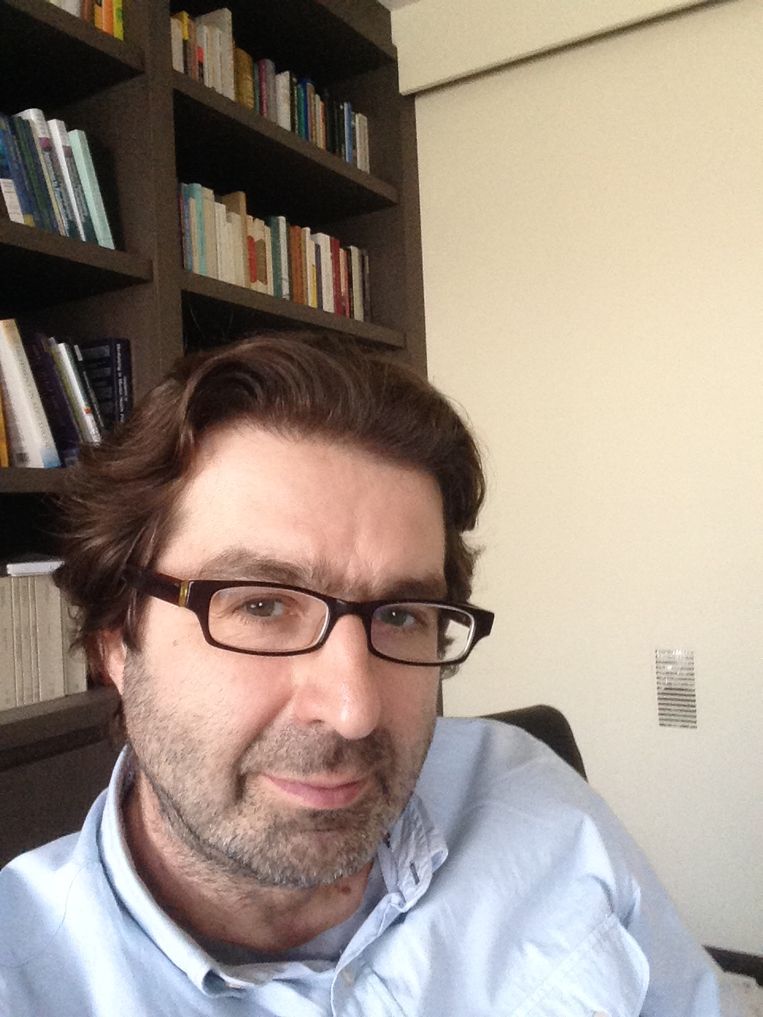
His main research interests are disorders in the affective spectrum and personality disorders. He is involved in both basic and interventional research in both of these areas. His basic research focuses on the roles of personality, attachment and social cognition or mentalizing - that is, the capacity to understand oneself and others in terms of mental states - in these disorders from a developmental psychopathology perspective.
The strong interdisciplinary focus of his research has led to extensive collaborations with researchers from different fields, ranging from psychology to neurobiology and health economics. Some of his most longstanding collaborations involve colleagues at the Yale Child Study Center in the USA, the Free University of Amsterdam and Erasmus University Rotterdam in The Netherlands, and the University of Geneva in Switzerland.
He serves on the editorial board of several scientific journals, has published over 150 scientific papers and 60 chapters, has co-authored or edited several books, and has been the recipient of in excess of 30 grants
- Learn about the importance of mentalization in working with complex trauma
- Gaining insight in MBT trauma focused therapy
- Intermediate and advanced level of working with complex trauma
Room Elm
(First floor)
13:30 - 16:30
Workshop 7
Félicia Dutray (workshop in French)
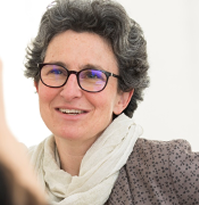
Participants are invited to share clinical situations with the group.
- To discover the objectives of transcultural psychiatry both clinically and in research, taking the example of attachment theory.
- To learn to decenter from our ethnocentric vision of attachment
- To learn to work on the themes of attachment with patients from cultures different from ours.
- To know the usefulness of cross-cultural attachment assessment in clinical work with traumatized refugees.
- Anyone interested in working with patients from other cultures.
Crittenden P. Raising parents. Attachment, Representation, and Treatment. Taylor & Francis, 2015.